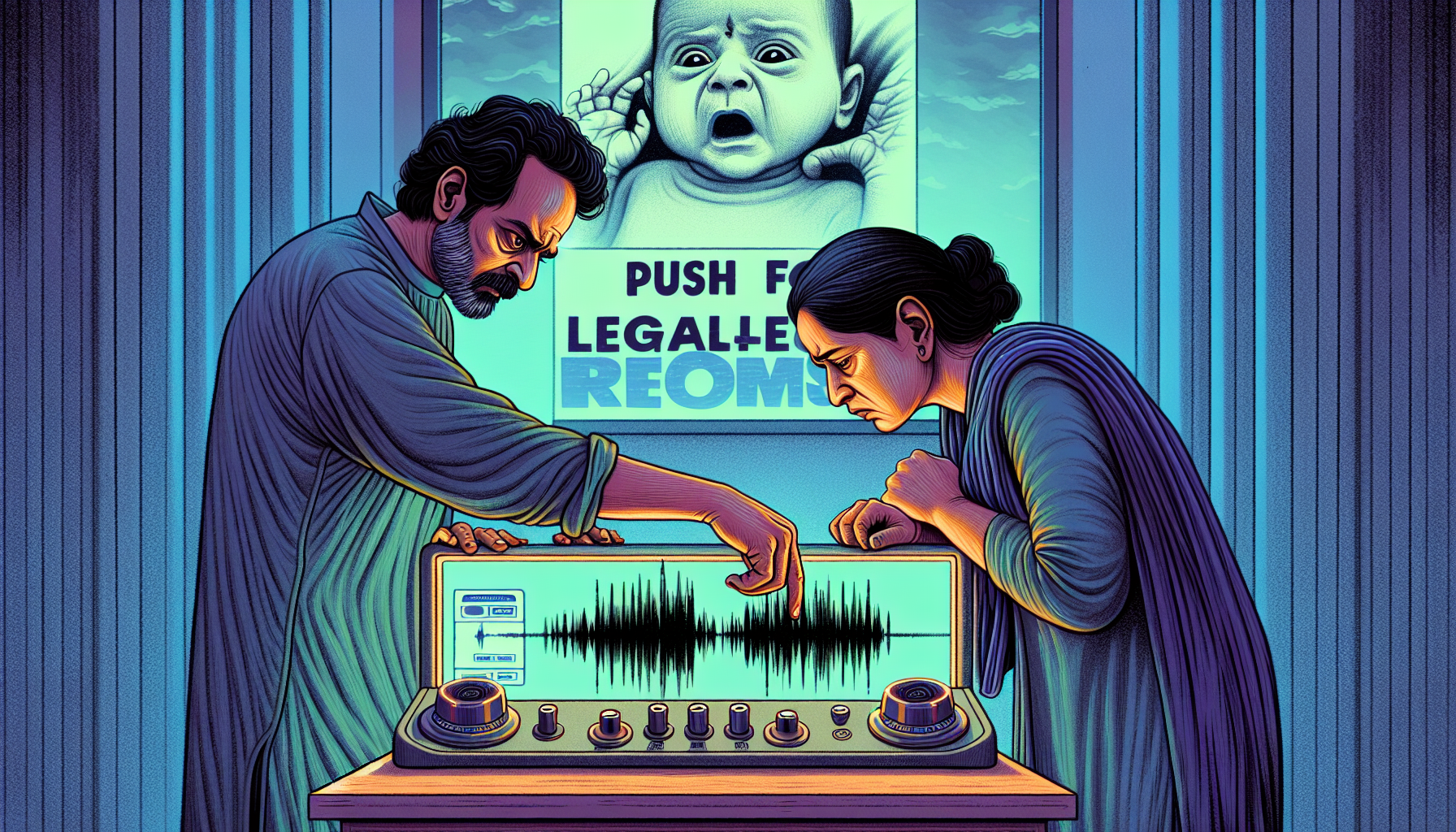 ## Utilizing AI to Support Gun Control Legislation by Parents
## Utilizing AI to Support Gun Control Legislation by Parents
In a significant effort to campaign for more stringent gun control laws, parents who lost their children in the 2018 Parkland school shooting in Florida have initiated a project titled The Shotline. This project employs artificial intelligence (AI) to reconstruct the voices of children who fell victim to gun violence, facilitating automated calls to legislative representatives.
The Shotline: Giving a Voice to the Voiceless
Six years after the horrifying event where a gunman claimed 17 lives and injured several more at a high school in Parkland, Florida, The Shotline was launched. The initiative features the recreated voices of six youngsters who were victims of gun violence across the US.
Upon entering their zip code, The Shotline identifies the user’s local representative and allows them to make an automated call from one of the six deceased individuals, advocating for tighter gun control laws. Among those featured is the AI-reconstructed voice of Joaquin Oliver, a teenager who was killed in the Parkland shooting.
The Role of AI in Advocacy
To reproduce these voices, the parents utilized a voice cloning service provided by ElevenLabs, a recently funded startup that raised $80 million led by Andreessen Horowitz. With only a few minutes of vocal samples, the software can imitate voices in over two dozen languages. The parents reportedly used their son’s social media posts to extract his voice samples.
Parents or legal guardians of victims of gun violence can submit their voices to The Shotline to be included in its database of AI-generated voices. At the time this article was published, over 8,000 AI calls had been made to legislative representatives via the website.
Ethical Concerns and Legal Consequences
The initiative stirs up ethical debates about the use of AI to create deepfakes of voices of deceased individuals. Recently, following an incident where voters in New Hampshire received calls impersonating President Joe Biden, the Federal Communications Commission declared that robocalls made using AI-generated voices were illegal.
Mati Staniszewski, co-founder of ElevenLabs, has stated that the company permits people to reproduce the voices of deceased relatives if they possess the necessary rights and permissions. However, it is still uncertain whether parents of minors hold the rights to their children’s likenesses.
Conclusion
The Shotline project serves as a potent illustration of how AI can be employed in advocacy initiatives. Despite raising ethical and legal issues, it highlights the potential of technology to empower the voiceless and instigate societal transformation. As AI continues to progress, it will be intriguing to observe how it influences the domain of activism and advocacy.
Questions and Answers
Q1: Can you explain what The Shotline is?
A1: The Shotline is a project initiated by parents of the victims of the Parkland school shooting. It uses AI to reproduce the voices of children who were victims of gun violence and sends automated calls to legislative representatives campaigning for tighter gun control laws.
Q2: How does The Shotline function?
A2: Users enter their zip code, and The Shotline identifies their local representative. Users can then make an automated call from one of the six deceased individuals, campaigning for stricter gun control laws.
Q3: How are the voices reconstructed?
A3: The voices are reproduced using a voice cloning service provided by ElevenLabs. The software can mimic voices in over two dozen languages with only a few minutes of vocal samples.
Q4: What are some ethical and legal issues associated with The Shotline?
A4: The initiative stirs up ethical debates about the use of AI to create deepfakes of voices belonging to deceased individuals. Furthermore, the Federal Communications Commission recently declared that robocalls made using AI-generated voices were illegal.
Q5: Who can contribute voices to The Shotline?
A5: At present, parents and legal guardians of victims of gun violence can submit their voices to be included in The Shotline’s database of AI-generated voices.